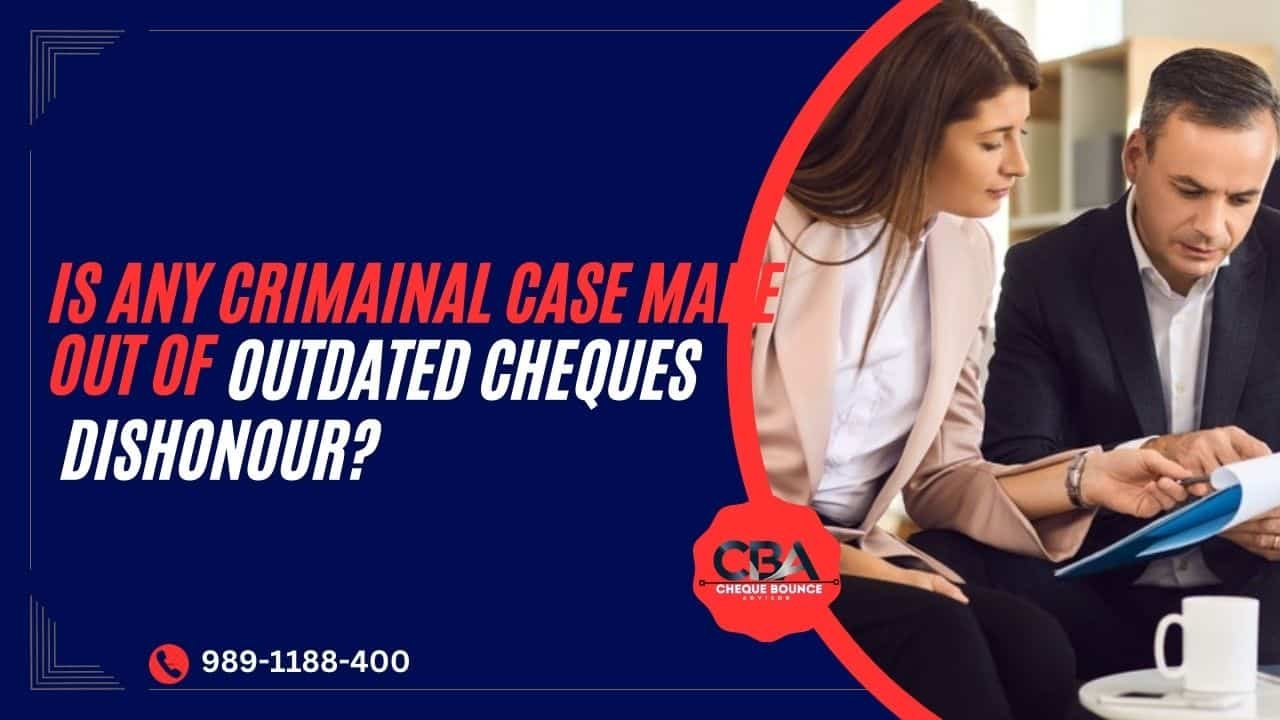CHEQUE BOUNCE CASE फाइल करने के लिए कितनी बार चेक बाउंस करवाना पड़ता है ?
CHEQUE BOUNCE केस दायर करने के लिए, आमतौर पर एक ही बार चेक बाउंस होना काफी होता है। भारतीय कानून के तहत, विशेष रूप से NEGOTIABLE INSTRUMENTS ACT की धारा 138 के तहत, चेक बाउंस के मामले में केस दायर करने के लिए निम्नलिखित शर्तें पूरी करनी होती हैं: चेक बाउंसः CHEQUE को कम से … Read more





